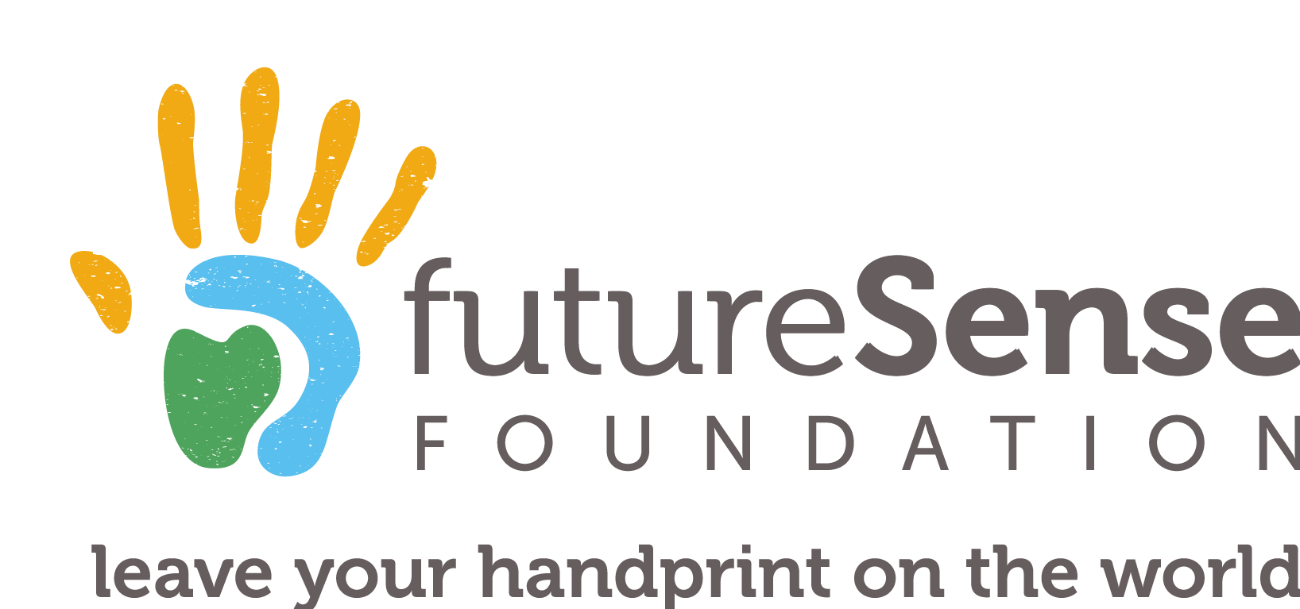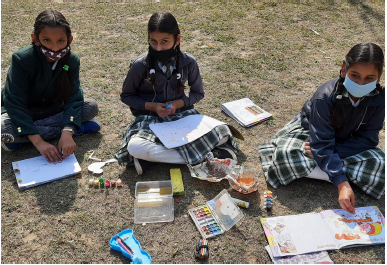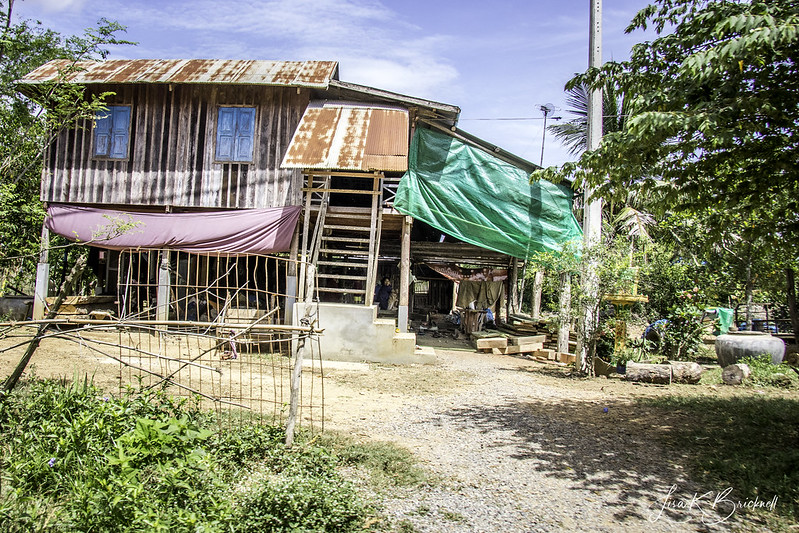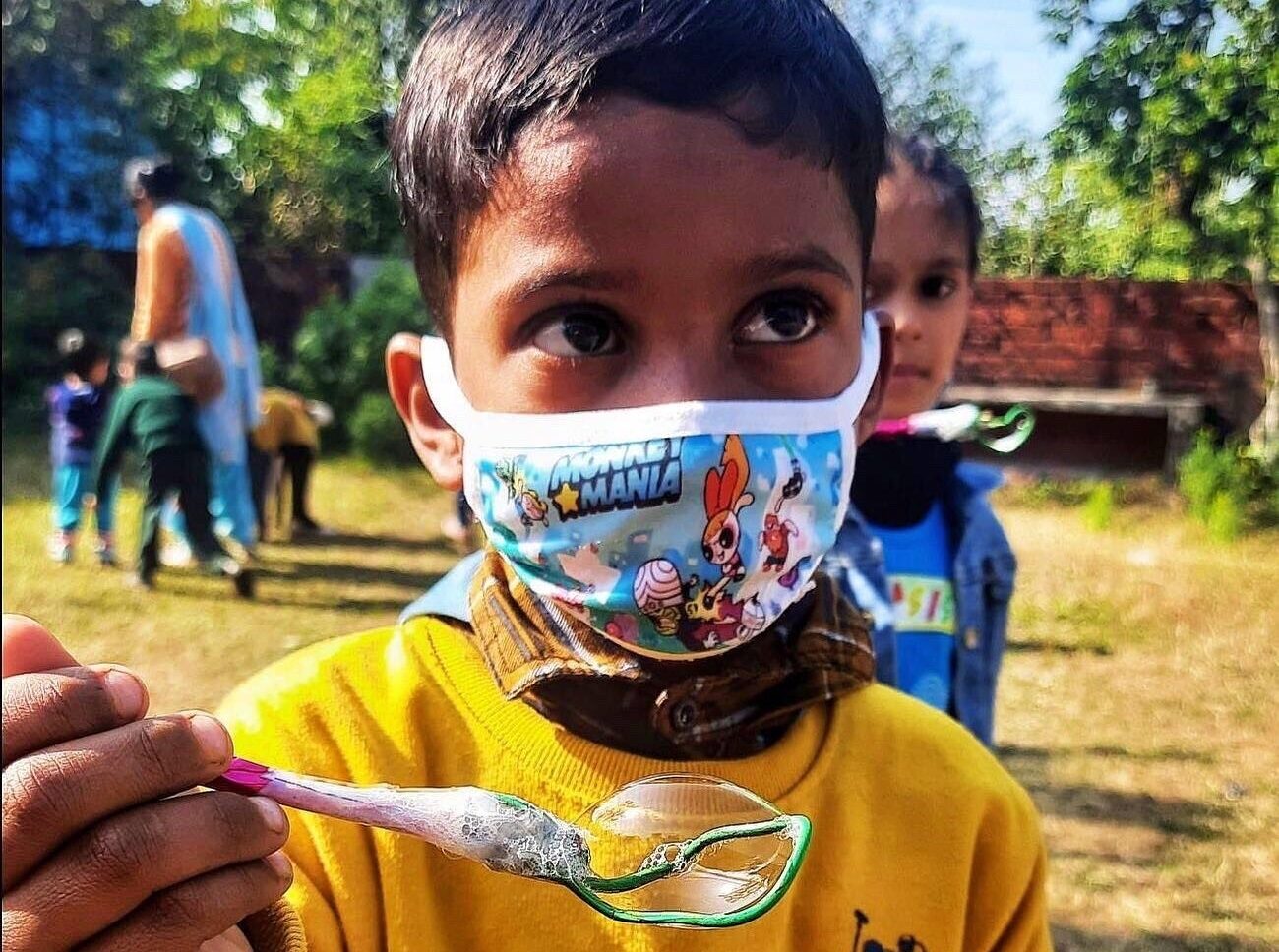Written by Abbie Leadbitter, Fundraising Manager.….
Tanzania is most commonly known for being home to the Serengeti, the mighty Kilimanjaro and for being the inspiration behind The Lion King. However, Tanzania is also home to many global issues which need serious addressing.
Tanzania is the 13th largest country in Africa, and the FutureSense Foundation work in communities and schools in the town of Arusha. As a developing nation, Tanzania faces many challenges in their development. Education, Health and Environmental issues all pose barriers to children receiving quality education, proper healthcare and health education along with access to clean water and sanitation.
FSF Tanzania acknowledge these challenges and aim to achieve the United Nation’s Sustainable Development Goals (UN SDG’s) in the partner schools and communities we work within.
FSF Tanzania focus on UN SDG 3, 4 and 6.
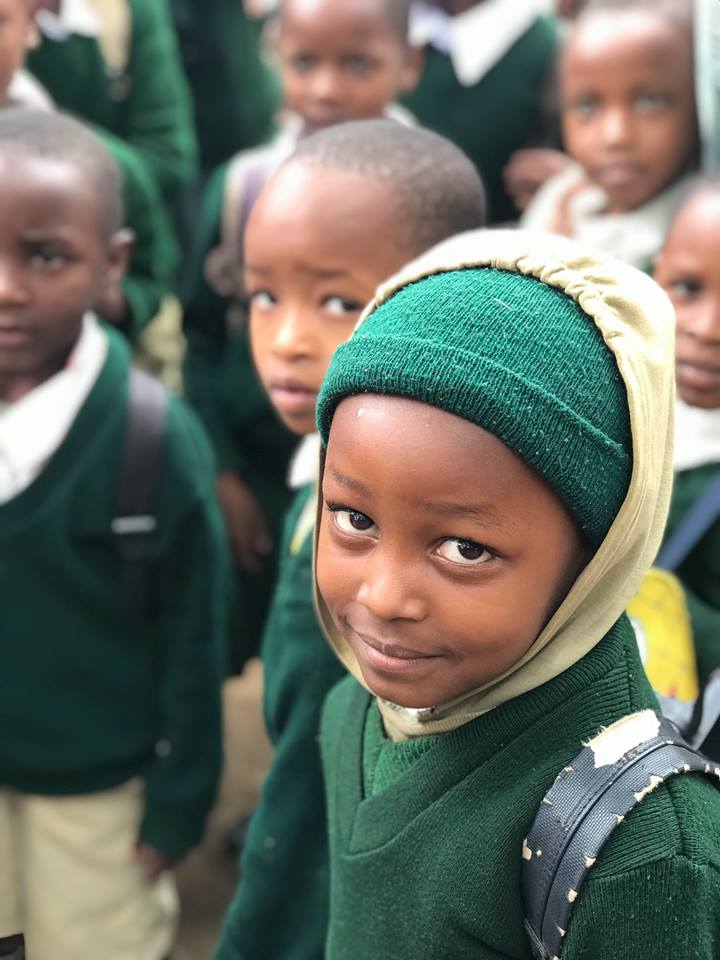
UN SDG 3: Good Health and Well-Being.
The health system in Tanzania faces major issues including maternal and child mortality. Malaria, HIV and AIDS are the most pressing health challenges faced. FSF Tanzania recognise that there is a great need for health promotion.
Tanzania, as a nation, has recognised the shortages of health professionals and the negative impact this has on their ability to make progress.
For example, life expectancy at birth currently sits at a staggering 55%.
FSF Tanzania deliver workshops based on water and sanitation, food safety, and transmission with the aims to reduce preventable illness such as water born illnesses. FSF Tanzania also aim to reduce stigma and false information surrounding female hygiene and menstruation by providing a safe space to discuss self-care, hygiene, and reproduction with young women in the community and in schools.
UN SDG 4: Quality Education.
While Tanzania has seen tremendous growth and progress in the education sector over the last decade, the system still struggles to deliver quality education. Schools all over Tanzania face extreme overcrowding with the average government primary school classroom holding 66 students. In addition to this, in 2010, 68 000 children dropped out of primary school.
Running conversational English sessions is vital. The aim behind this FSF initiative is to help improve the student’s English language skills and pronunciation, whilst also building their confidence in using English to communicate in different ways.
We use classes such as drama, including role-playing and arts & crafts to foster inquisitive learning which boosts students opportunity for further education and employment in the future, as opposed to rote-learning from a blackboard. The cultural exchange is vital and invaluable for these communities, by helping them learn English they are opening so many further opportunities for themselves and will be more driven to attend school, not drop out and have the confidence to grow into adulthood with confidence and goals and able to support the wider community.
UN SDG 6: Clean Water and Sanitation.
While Tanzania is one of the fastest growing economies in Africa, the economic growth has not benefited all areas of the country equally. In 2019, it has been acknowledged that there is a clean water and sanitation crisis in Tanzania. Only 50% of Tanzania’s population of 53 million that have access to an improved source of safe water and only 34% have access to improved sanitation.
Under these circumstances people, particularly women and girls, spend a significant amount of time traveling some distance to collect water.
With the statistics produced on the lack of clean water, it was important to look at the infrastructure at our partner schools. Thus, embarking on building a water tank at some of our partner schools to harvest rain. This then enables the school to have better quality water and sanitation and of course recycle water to irrigate the land on which the vegetables grow.
By building a rain harvesting system the school can become more self-sufficient and not have to pay the government so much money for water. Therefore, using the money for other needs of the school. This will also make it much easier to sustain the vegetable growing initiative.
To conclude, while Tanzania is making huge strides towards the United Nation’s Goals, we are still in need of global citizens and leaders to help the FutureSense Foundation make the difference overseas. Simon Sinek once said “Genius is in the idea. Impact, however, comes from action”.
